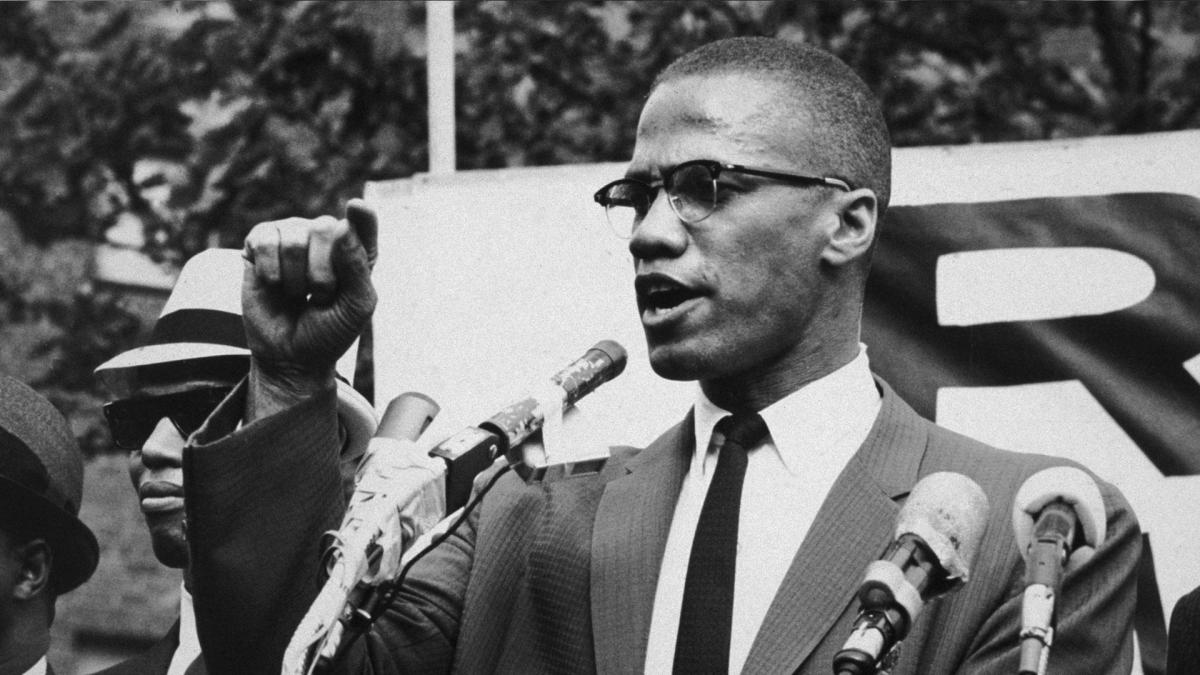Consensus Eludes Women’s Reservation Bill
By Nilofar Suhrawardy, MMNS India Correspondent
NEW DELHI: Euphoria raised over Women’s Reservation Bill’s passage in the Upper House (Rajya Sabha) appears to have virtually lost its importance within less than a month. The bill was passed by Rajya Sabha, last month on March 9, a day after the Women’s Day. The bill proposes to reserve 33% seats for women in the Parliament and State Legislatures. Prospects of the bill securing passage in the Lower House (Lok Sabha) seem fairly limited. This was indicated by the failure of the all-party meeting held in the capital city to reach any consensus. During the meeting (April 5), chaired by leader of Lok Sabha, Finance Minister Pranab Mukherjee, leaders of different parties expressed their stand on the controversial bill.
A brief note, issued after the all-party meeting by Ministry of Parliamentary Affairs, stated: “The leaders of various parties expressed their views on the Constitution (One Hundred and Eighth Amendment) Bill, 2008 pertaining to the Reservation of Seats for Women in the House of the People and State Assemblies.†“Further discussion will continue,†the note said, signaling that stalemate over the controversial bill has not yet been resolved.
The Congress party, heading the United Progressive Alliance (UPA) coalition, is on stickier ground than before, as at the all-party meeting, its key ally – Trinamool Congress Party (TCP), also voiced opposition to the bill. During the meeting, TCP chief Mamata Bannerjee, supported the demand of Rashtriya Janata Dal (RJD), Samajwadi Party (SP) and Janata Dal-United (JD-U) for a “quota-within-quota,†as per which the bill should include reservation for women, who are Muslims, belong to backward classes and Dalits.
“The Muslim interest should not be ignored,†Bannerjee said during the meeting while joining the chorus raised by opponents of the bill.
Bahujan Samaj Party (BSP) also emphasized that the party would oppose the bill, if it was presented in its present form without a “quota-within-quota.â€
Prospects of parties arriving at any agreement on the bill seem fairly limited. A key supporter of the bill, Bharatiya Janata Party (BJP) has indicated that it would oppose it, if it included the demand for “quota-within-quota.†Sushma Swaraj, leader of opposition in Lok Sabha, said that her party (BJP) was “totally against quota-within-quota.â€
Interestingly, the left bloc legislators, supporters of the bill in its present form, have not clarified their stand on “quota-within-quota.†While stating that his party was not opposed to “consider†the proposal for “quota-within-quota,†Basudeb Acharia (Communist Party of India-Marxist) said: “Under the constitutional set up, there is no provision in election either for OBC (Other Backward Classes) or Muslim minorities.†He laid stress that his party favored passage of the bill in its present form; in other words- without “quota-within-quota.â€
When questioned on his party’s stand on “quota-within-quota,†Gurudas Dasgupta (Communist Party of India) said: “We have not raised it.†At the same time, he said that his party was against the bill being “dumped.†The CPI is not against the government taking time “to arrive at a consensus†but was against “any kind of deferment if the intention is to dump the bill,†he said.
The question of a “consensus†being reached on the bill seems practically impossible as the three parties (RJD, SP and JD-U) remain firm on their demand for a “quota-within-quota.†Their stand was supported at the all-party meeting by TCP and BSP. RJD chief Lalu Prasad said after the meeting: “I thank the government for this all-party meeting. But Muslim, backward classes and Dalit women must be given quota. Our stand has not changed. We have requested the government to rethink the issue and call for a second meeting.â€
“We have opposed the bill in its present form. We are not opposed to reservation for women,†SP leader Mulayam Singh said.
With 441 members out of 544 members in Lok Sabha in favor of the bill, the Congress would lose majority in the House, if TCP withdraws its support. Interestingly, chances of the bill being presented in the Lok Sabha, without a consensus being arrived at seem fairly limited. The TCP legislators had abstained from discussion and vote on the bill in Rajya Sabha last month.
Developments suggest that bill is likely to be pushed to the backburner till a “consensus†is reached among the different political parties. In fact, the bill may not be introduced in the Lok Sabha without a “consensus†being arrived at. This is suggested by Lok Sabha Speaker Meira Kumar’s reply to how would she handle the chaos and stormy scenes in the House over the bill. Laying stress that there was need for a “consensus first†among all parties on the bill, Kumar said: “There has to be a consensus about that for which they (the parties) are trying. Lets see what happens.â€
Ironically, differences prevailed even on the wording of the statement issued by the government at the end of the meeting. Initially, the government wanted to state that the meeting was held in a cordial atmosphere and that decency and decorum would be maintained in the Parliament. The government was also keen to state that efforts would be made to find an amicable solution to the issue. Objections raised by Lalu Prasad, however, compelled the government to redraft the statement, deleting these points and instead state: “Further discussions will continue.â€
During the two-hour meeting, the government was represented by Mukherjee, Parliamentary Affairs Minister P.K. Bansal, Home Minister P. Chidambaram, Defense Minister A.K. Antony and Law Minister Veerappa Moily. Among others who attended the meeting were leaders of BJP, SP, RJD, BSP, CPI-M, CPI, JD-U, Telegu Desam Party, TCP and Dravida Munnettra Kazhagam.
12-15













2010
913 views
views
0
comments